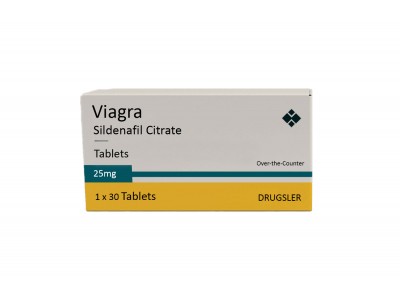Taking Viagra or its generic versions, such as sildenafil, can pose several potential dangers, especially if not used under the guidance of a healthcare professional. Common side effects include headaches, flushing, upset stomach, nasal congestion, and dizziness. More serious side effects can occur, such as sudden vision loss, sudden hearing loss, and an erection lasting more than four hours, known as priapism, which requires immediate medical attention to prevent permanent damage.
Cardiovascular risks are significant, especially for individuals with preexisting heart conditions. Viagra can cause a dangerous drop in blood pressure, particularly when taken with other medications such as nitrates used for chest pain. This can lead to fainting, stroke, or heart attack. Additionally, individuals with severe liver or kidney problems, low blood pressure, or certain rare inherited eye diseases should avoid Viagra due to the increased risk of adverse effects.
Interactions with other medications can also be dangerous. For example, combining Viagra with certain blood pressure medications, alpha-blockers, or other drugs that affect heart and blood vessel function can lead to harmful interactions. It’s also crucial to avoid taking Viagra with other erectile dysfunction treatments without medical advice, as this can increase the risk of severe side effects.
Moreover, counterfeit or unregulated generic versions of Viagra can pose additional dangers. These may contain incorrect dosages, harmful additives, or different active ingredients, leading to unpredictable and potentially harmful consequences.
Consulting a healthcare provider before using Viagra or its generic versions is essential to ensure safe and appropriate use, considering your medical history, current health status, and any other medications you may be taking. This approach minimizes risks and helps manage any potential side effects effectively.

